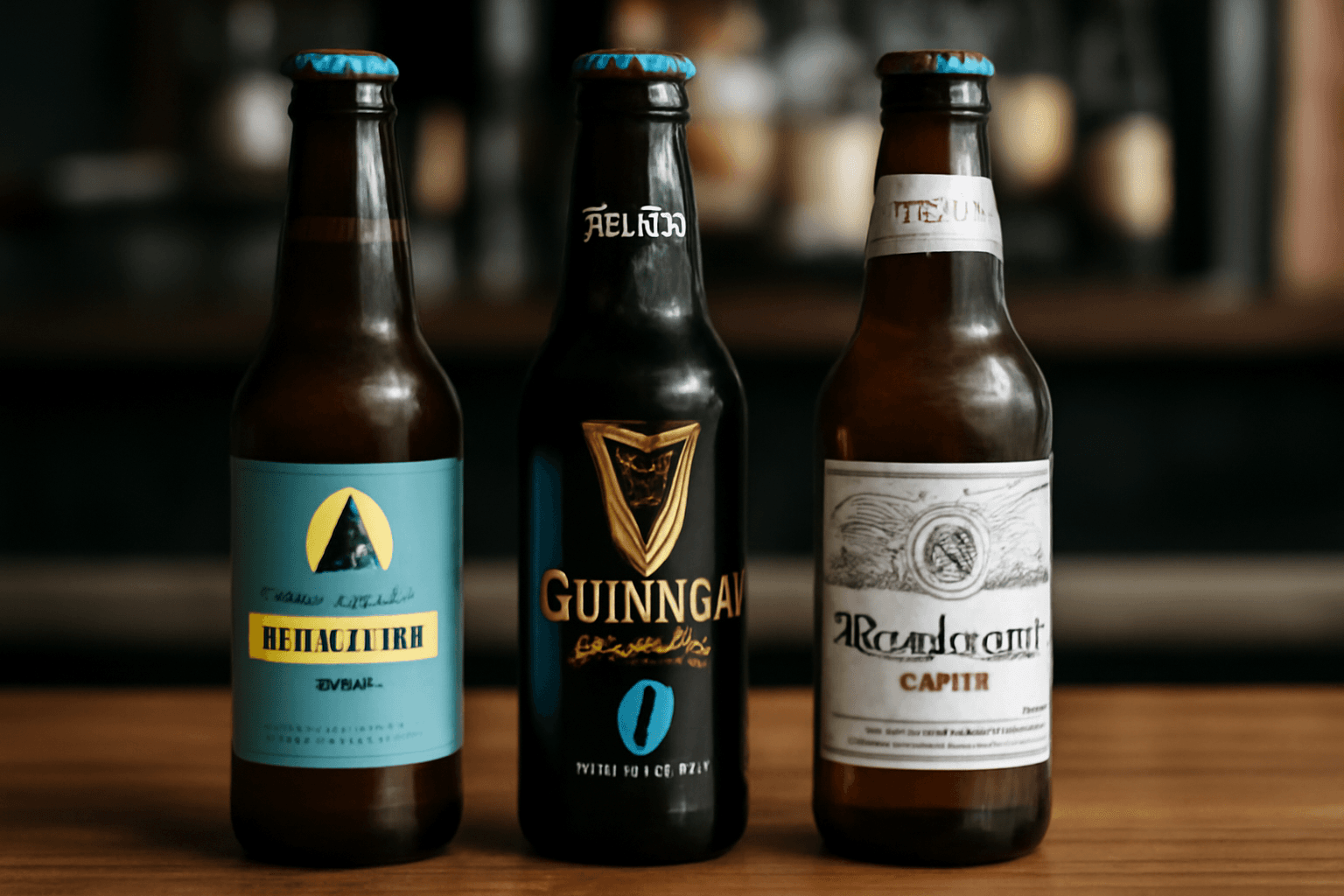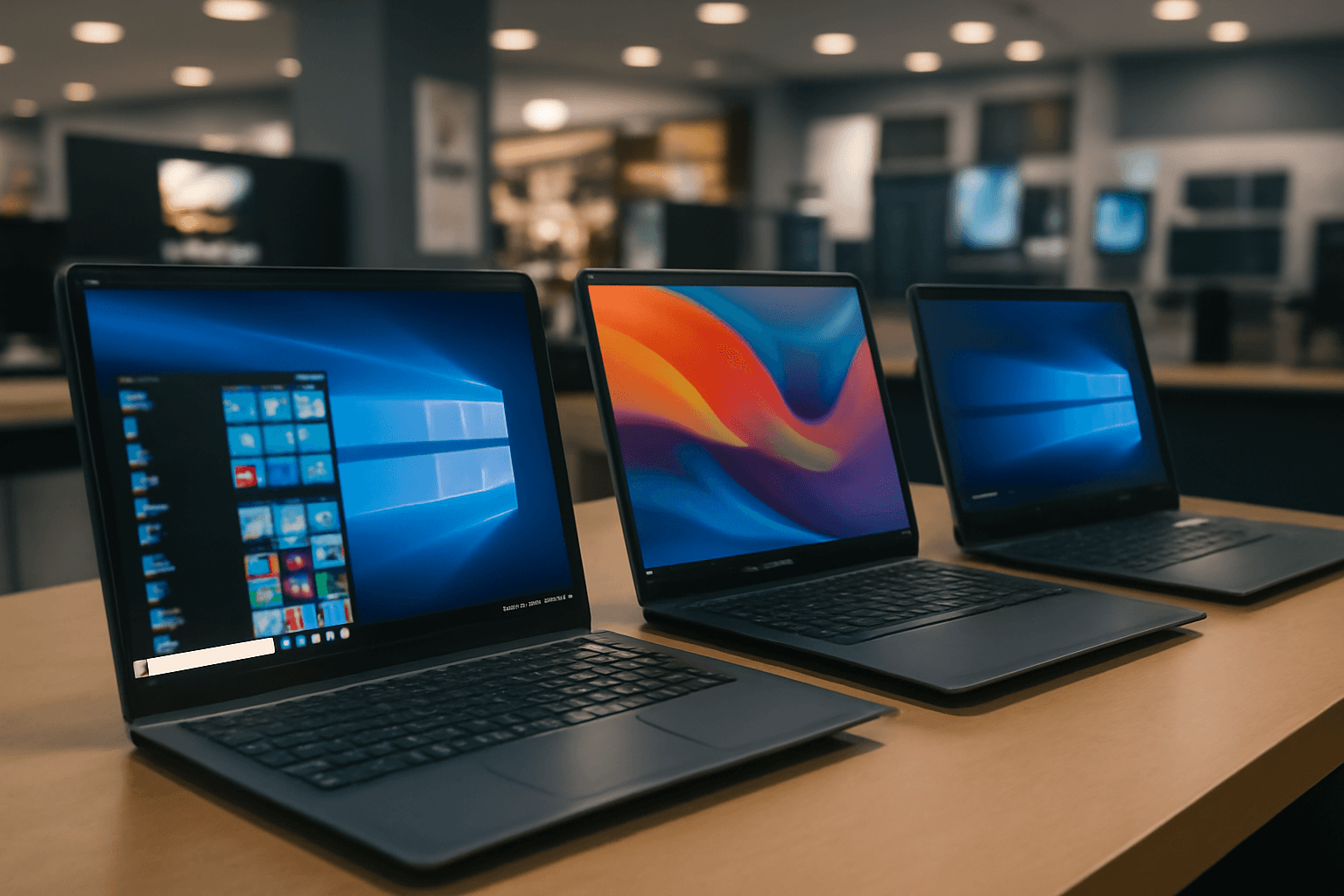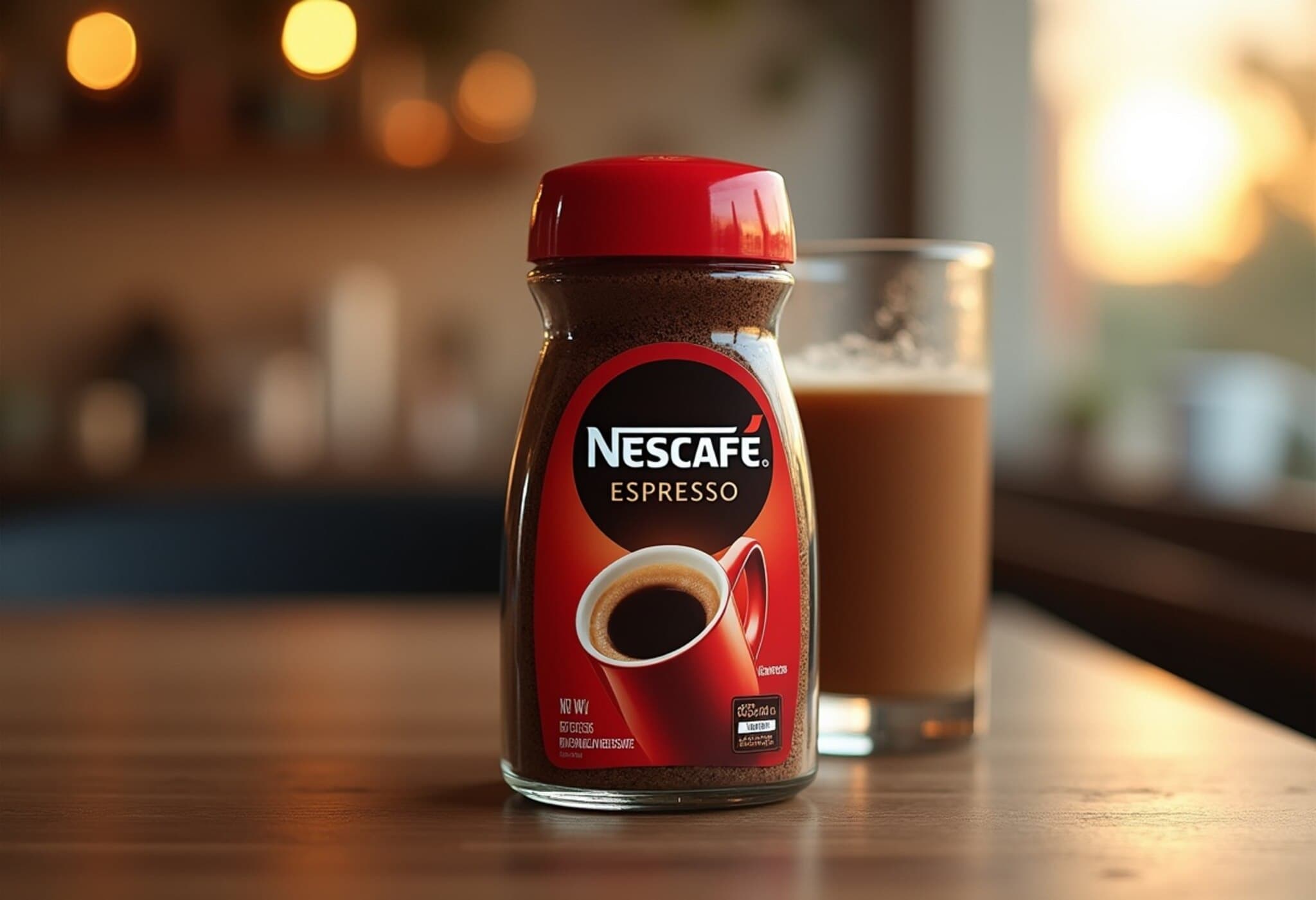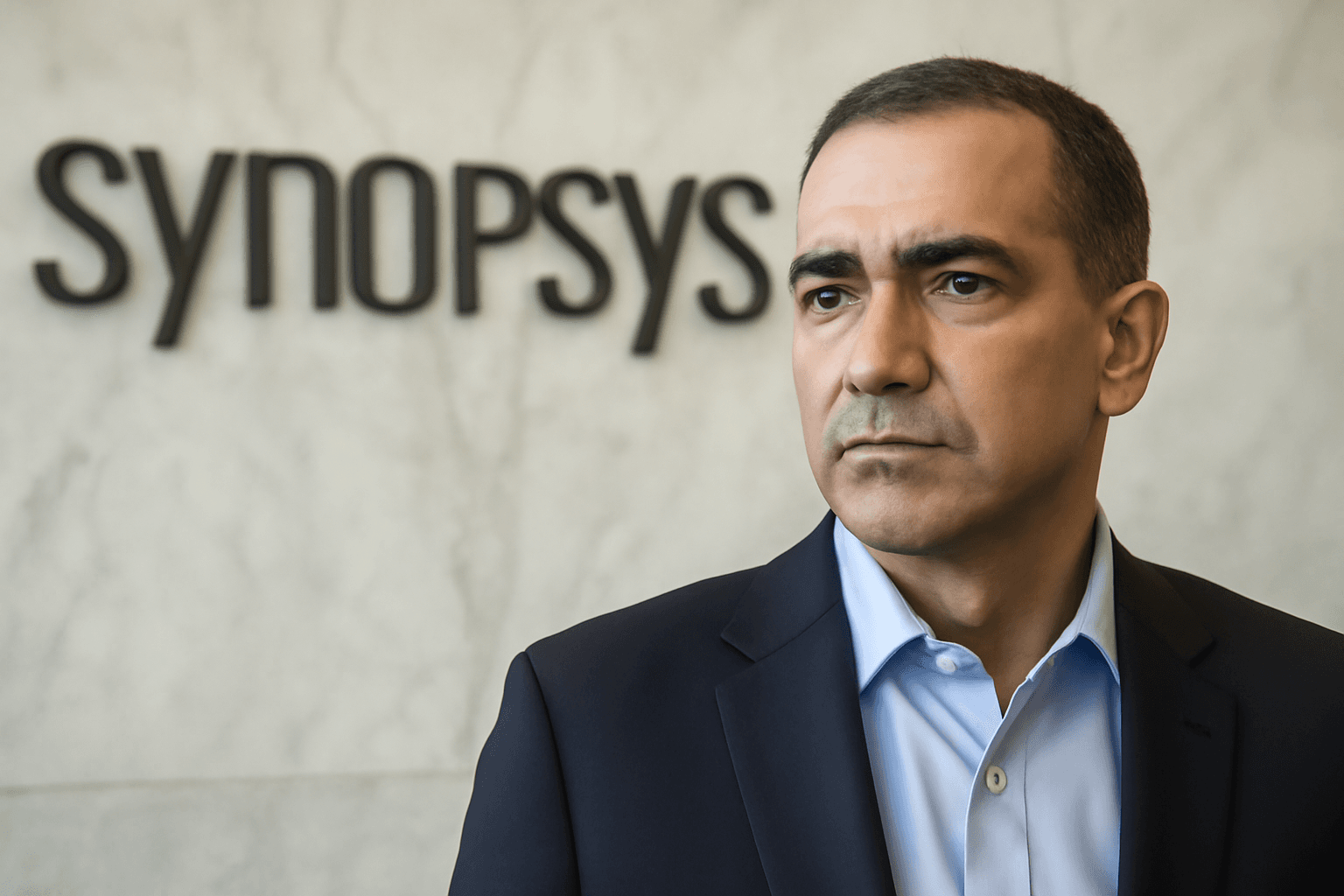Non-alcoholic beer is on course to surpass ale as the world's second-largest beer category by volume in 2025, according to industry tracker IWSR. Despite an overall 1% decline in global beer volume this year, non-alcoholic beer sales have surged 9%, continuing a growth trend that began in 2018 and outpaces the broader beer market.
IWSR forecasts an annual growth rate of 8% for non-alcoholic beer through 2029, while ale volumes are expected to decrease by 2% per year in the same period. However, lager remains the dominant beer category, commanding around 92% of the global market share and still experiencing modest growth.
The rising popularity of non-alcoholic beer is largely driven by younger consumers reducing their alcohol intake. Generation Z drinks less alcohol compared to previous generations at the same age, while millennials constitute the largest segment of no-alcohol beer consumers. Many younger drinkers embrace terms like “sober curious” and “damp lifestyle” to describe their approach to moderation rather than complete abstinence.
Major breweries have responded by enhancing the taste and quality of their non-alcoholic offerings. Leading brands such as Guinness, Budweiser, and Heineken have introduced zero-alcohol versions in recent years, helping to boost the category's appeal.
Global retail sales of non-alcoholic beer exceeded $17 billion in 2023, with Germany, Spain, and Japan leading consumption. The United States ranks sixth in sales volume but has lower overall market penetration. Athletic Brewing, founded in 2018, has rapidly become the top-selling non-alcoholic beer brand in the U.S., capturing 17% of the segment’s volume share—a significant increase from 4% three years prior. The company secured approximately $800 million in funding in 2024 to support its expansion.
Celebrity involvement has also bolstered the category’s visibility. Actor Tom Holland launched the brand Bero, retired NBA star Dwyane Wade co-founded Budweiser Zero in partnership with AB InBev, and actor and podcast host Dax Shepard introduced the brand Ted Segers.











